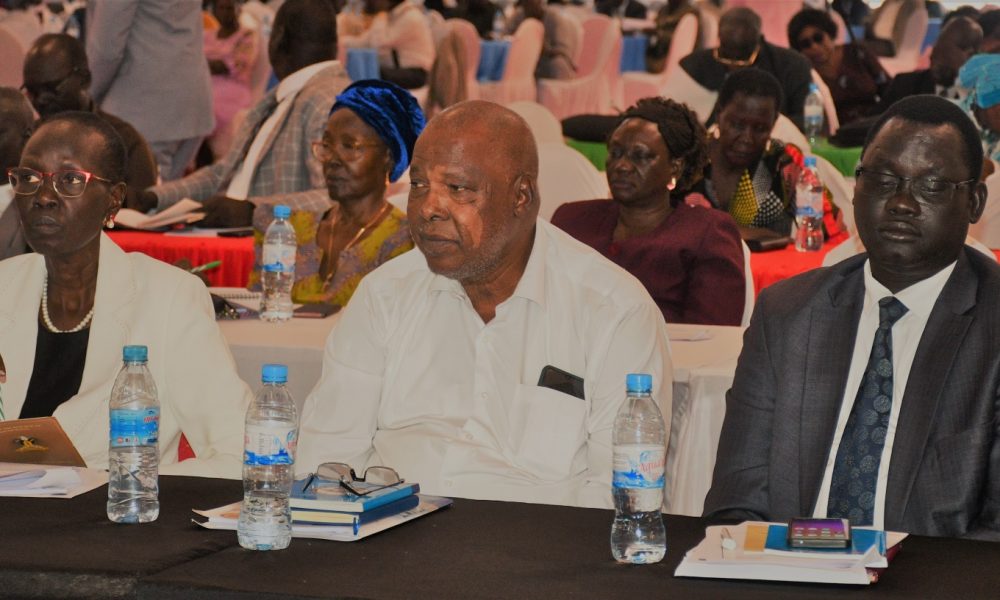By Bida Elly David
The Revitalized Transitional National Legislative Assembly (R-TGNONU) is inching closer to passing a legal framework concerning the implementation of the National Social Insurance Fund.
Specialized labor committee at the parliament, presented its report on the South Sudan National Social Insurance Bill 2022 in second reading during yesterday’s sitting. It was then passed to the third reading.
In chapter five of the committee’s report, the parliamentarians argued that South Sudan has not been paying pension to retired civil servants since the country gained independence from Sudan.
Legislators observed that retired civil servants are battling a high rate of destitution with unpaid accumulated pension arrears that would have benefited them in various ways.
The committee recommended the need for enrichment of the Insurance Act with effective implementation, particularly retirement pensions, funeral grants, health insurance, medical, and maternity benefits, to enable civil servants to have a will for service.
Chapter six of the report stated that there is a need for the government to avoid depriving the retired from receiving pensions according to the allocated percentages.
During the second reading of the bill, Samuel Buhori Lotti, a lawmaker at the R-TNLA, said that social insurance plays an important role for senior citizens but underlined that it is the opposite in South Sudan.
He noted that many citizens are ageing while working in the public sector due to the fact that they are deprived of their retirement benefits.
Buhori said many civil servants lost their lives after reaching retirement age but their pension packages have never been granted, up to date.
“Social insurance plays an important role, especially for senior citizens. As we talk of pensions, today we in South Sudan do not have one. Many of our citizens are ageing and still working because they don’t have pensions,” he hinted.
The lawmaker further added that if the management of the pension and benefits could have worked for the welfare of the people, officials would retire in good faith.
He slammed the government of South Sudan for mismanagement of social insurance funds, which would have helped citizens improve their standards of living.
“The management of that pension is something that translates into our good retirement. I have seen many senior citizens in the East African regions enjoying their retirement due to proper management of the social insurance fund,” he noted.
Lotti underscored that the insurance fund would be of good transformation to the economy once it is taken care of by the concerned body.
Meanwhile, Hon. Henry Omai challenged the government, particularly the executive and the legislature, against passing bills without implementation.
He stressed that the parliament has been passing bills, but the executive could not implement any of them as mandated by the status quo.
He termed it “valueless if the national social insurance bill is enacted by the Senate without being effective.
Henry said that citizens can’t sacrifice their lives up to retirement age and end up being victims of poverty under unserious government.
The bill awaits further scrutiny in its third and final reading stages before passing into law once signed by the president.




